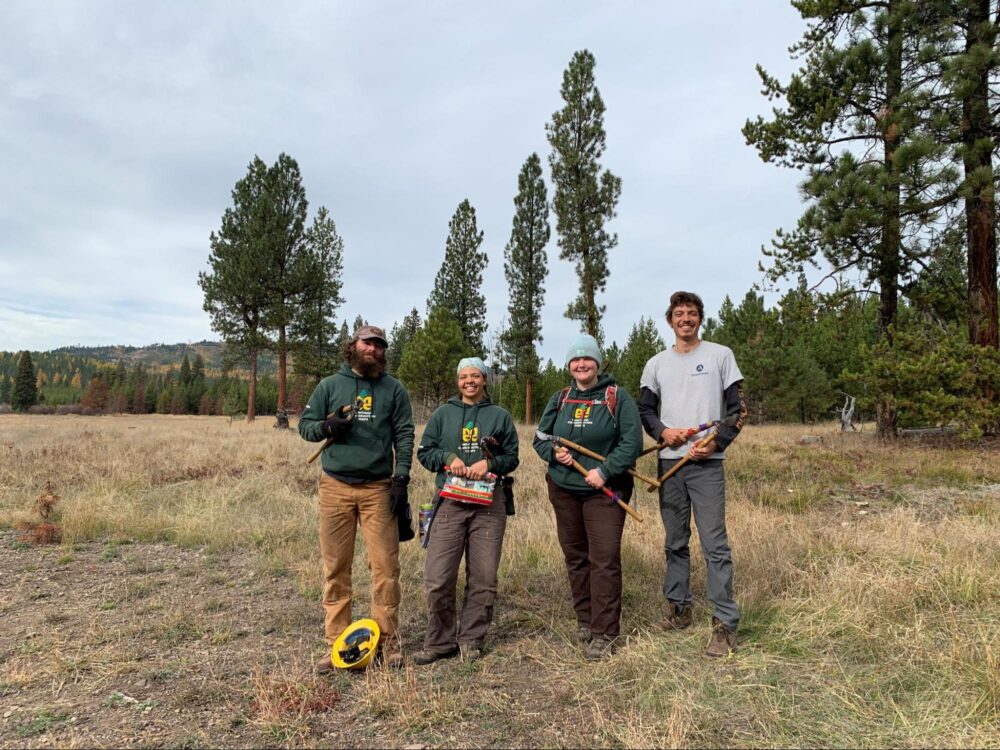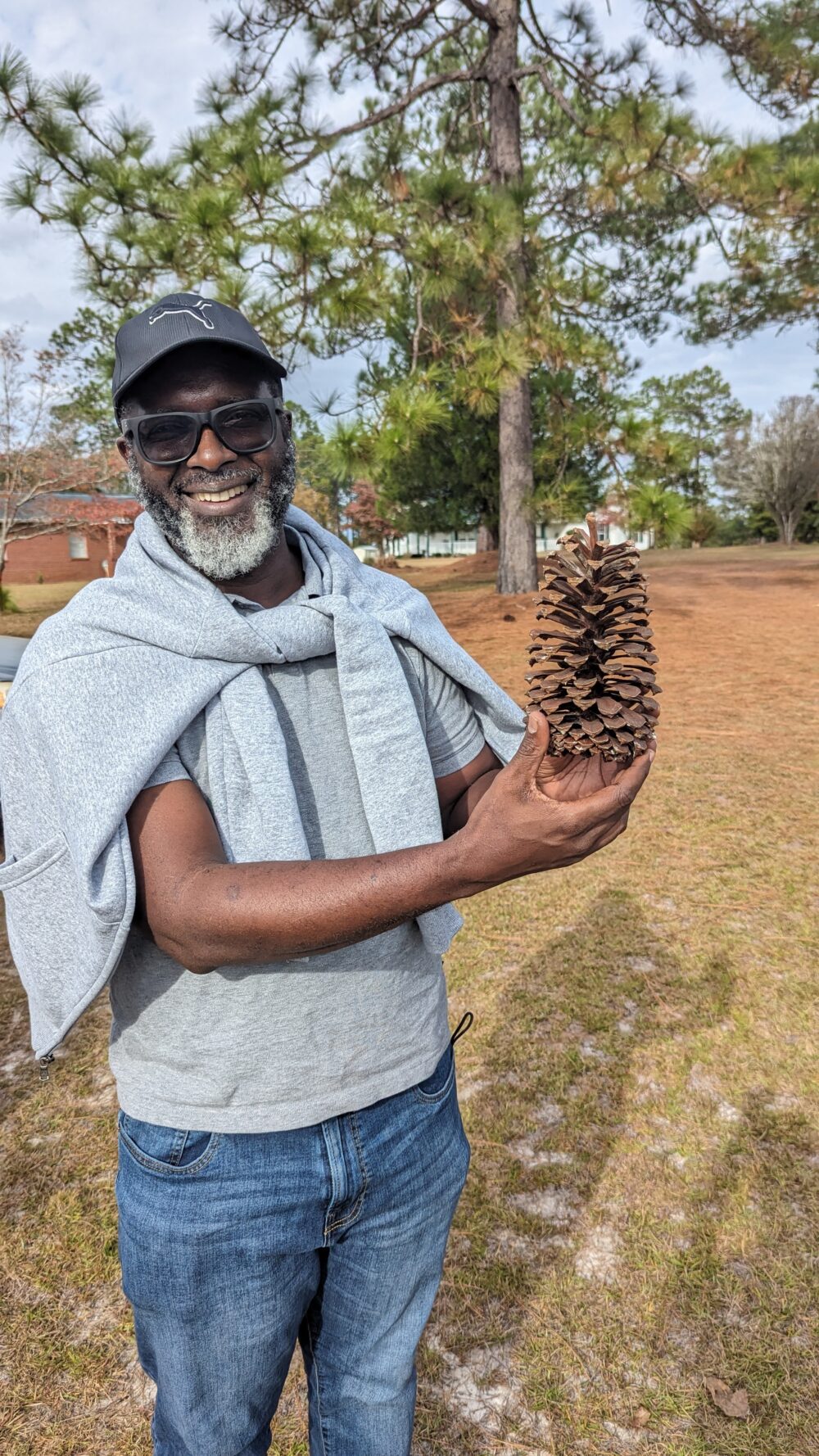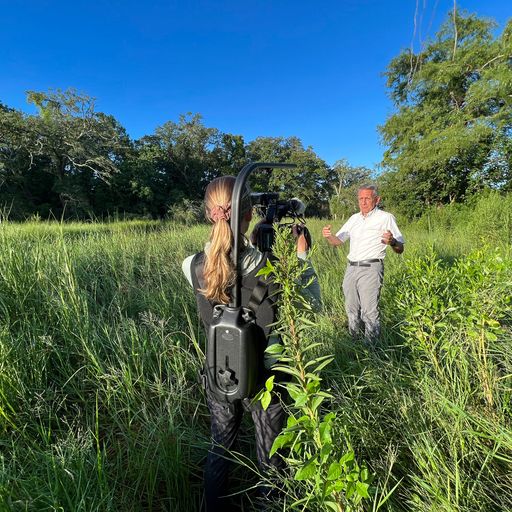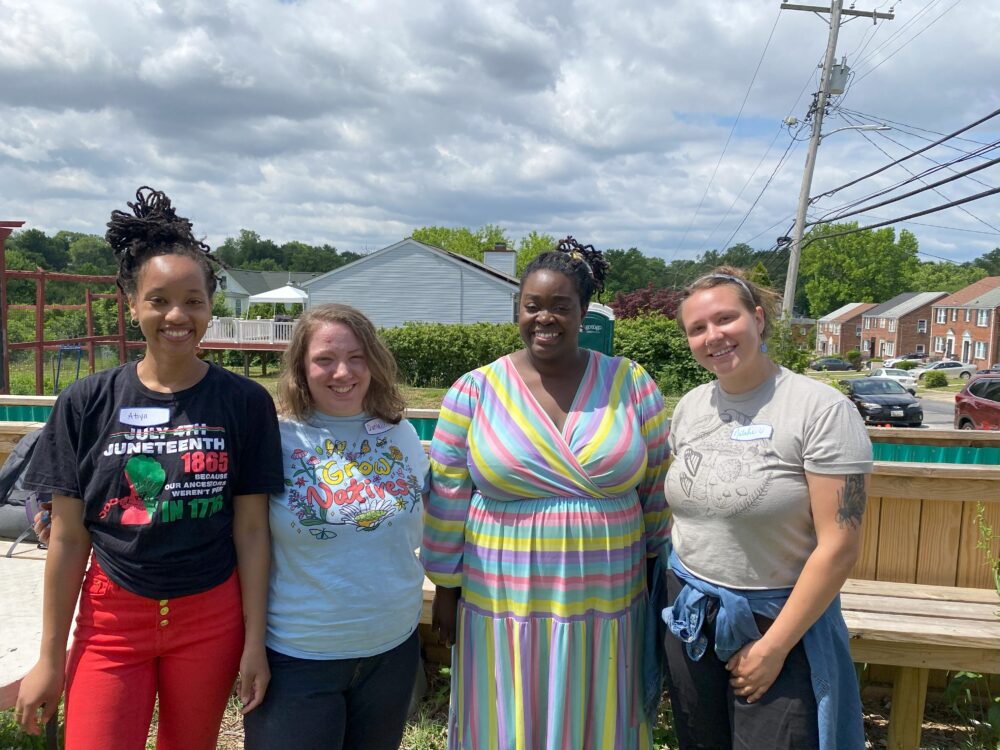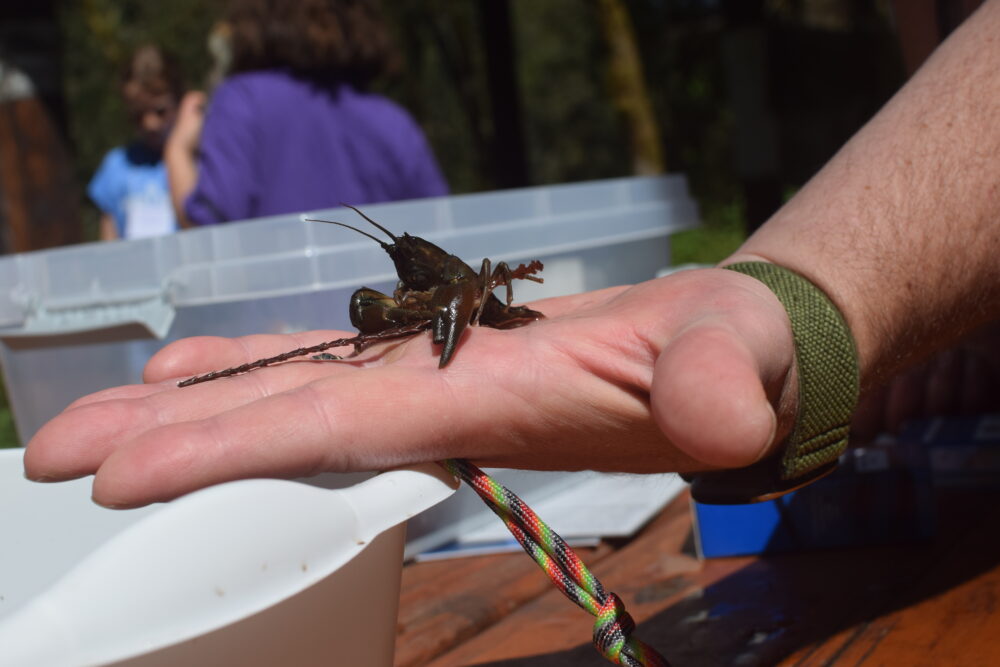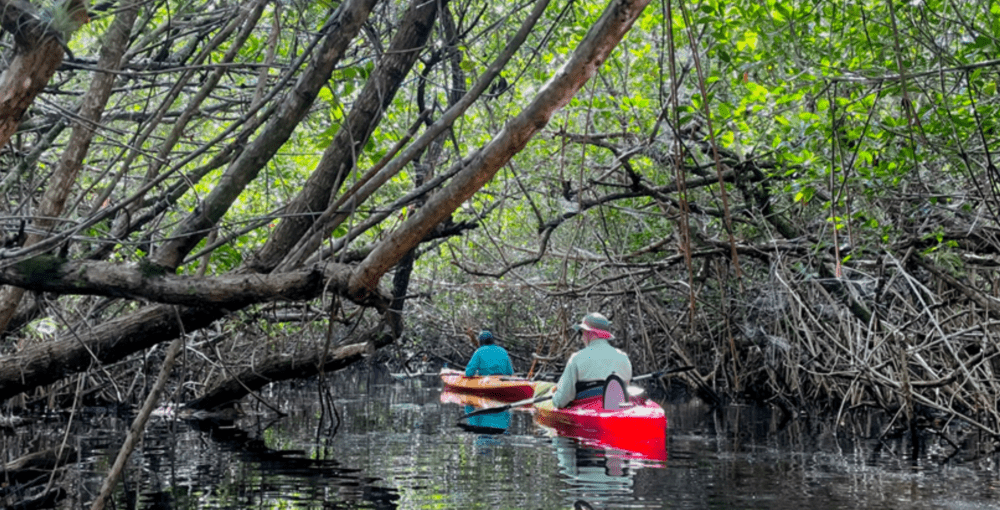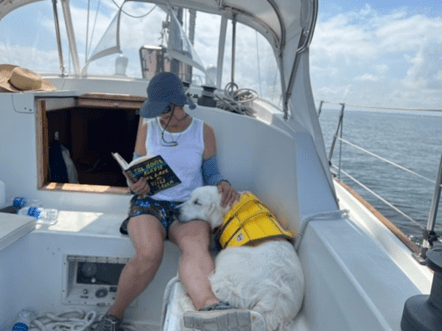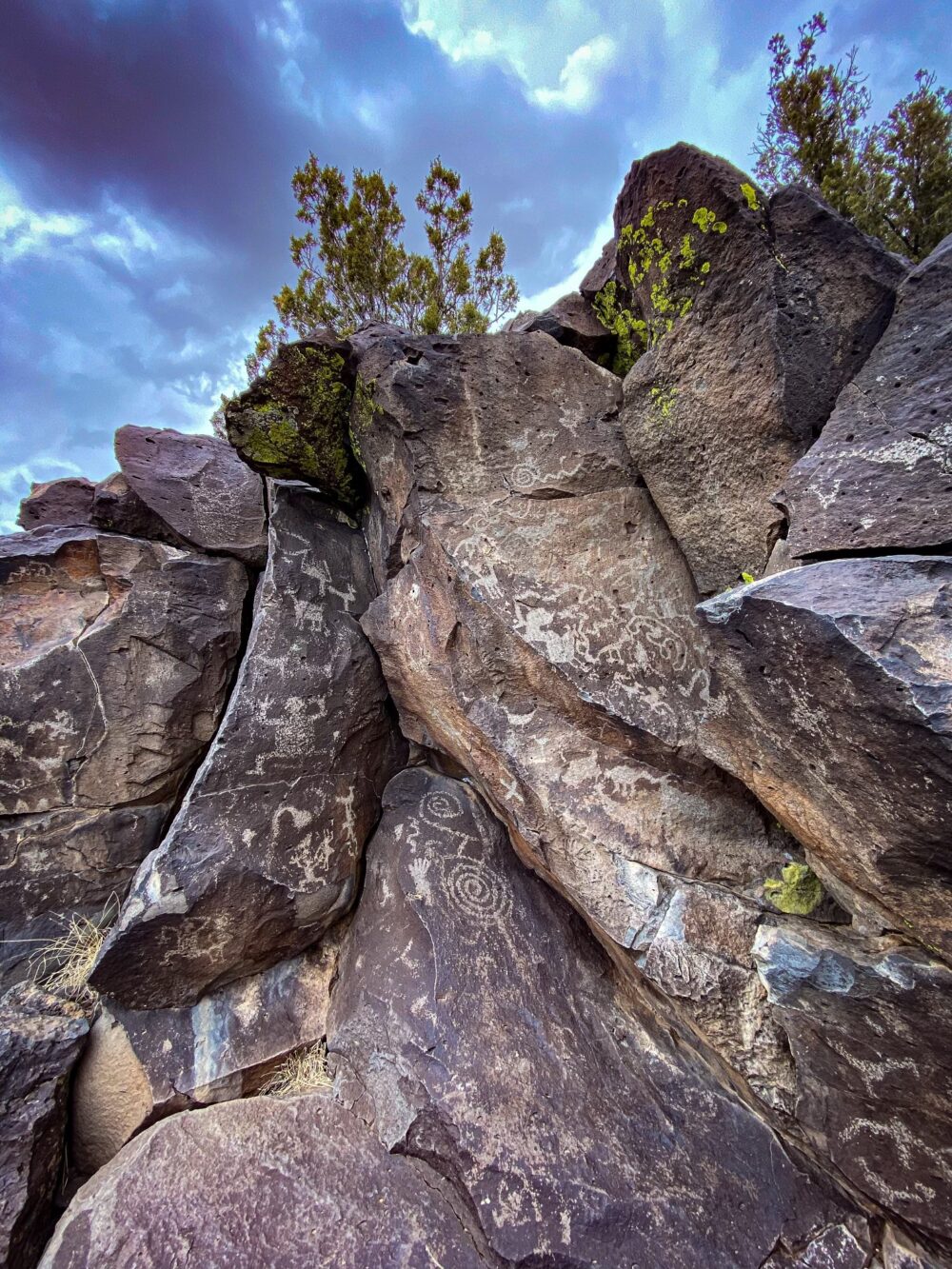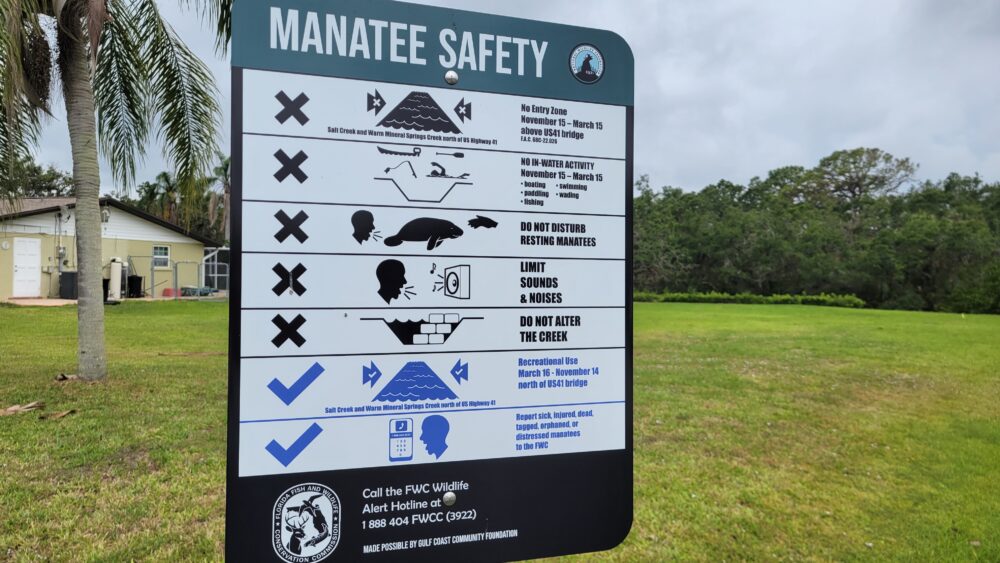We have much more to do and your continued support is needed now more than ever.
Students’ time in the sun?
An interesting discussion is taking place over at DotEarth, one of our favorite blogs. The post, which discusses students taking their places in the worlds of innovation and activism, mentions Ben Gulak's one-wheeled electric motorcycle, NJIT students capturing exhaust energy, and Manoj Sinha's project to fuel power plants in rural India with rice husks.
This is the sort of thing we usually go wild for — students inventing things! youth speaking out for their planet! capturing energy! — but commenter Annette Laing makes an important distinction:
"For every whizkid, there are a thousand undergrad students doing
half-assed research projects that soon expose a predictable lack of
understanding, knowledge, and maturity. Students doing their own
research is a good idea, but too often, the powers-that-be in higher ed
are endorsing this as a substitute for, not a supplement to,
traditional learning. The denigration of faculty influence is implicit
in this model, and yet faculty are also expected to complete meaningful
research with undergrad involvement. As one chemistry professor (and
excellent teacher) put it to me, it's like having a ball and chain
attached."
This piece in the Journal-Tribune about a student experiment with algae illustrates the problem. "The research has not been without a few mishaps. The
algae are native to Columbia, and need to be kept warm, said student
Shannon Folsom. She said that the class had put some containers of
algae on the windowsill, but it got too cold and died. She said that
the class might experiment with algae native to Maine that could
withstand colder temperatures. During
a recent experiment to determine if pumping air into the water makes a
difference in algae growth, the tanks became contaminated, said
Beauchemin, and students were going to sterilize the tanks yesterday
and redo the experiment."
This give-and-take is part of the scientific process, and an important thing for students to learn. There are enough university departments working on algae that this is unlikely to handicap the research much, so I doubt that these particular students are any kind of "ball and chain." However, Annette's point is that this kind of curriculum can slow the work that researchers need to do, with no measurable improvement in students' critical thinking skills.
While some stellar students, like those profiled in the DotEarth post, are able to take what they're learning in the classroom and synthesize it with their experiments to make some significant breakthroughs, they are the exception rather than the norm. (Which is why there are so many profiles on them: exceptions make for sexy newspaper stories.)
So how can curriculum both support student learning and cutting-edge research, particularly in the field of alternative energy? Does your school have a track record of doing this?











